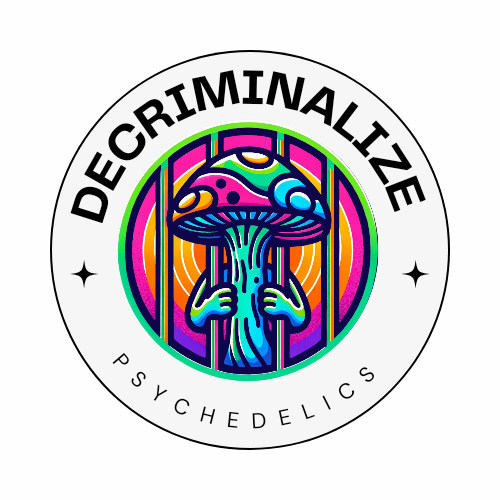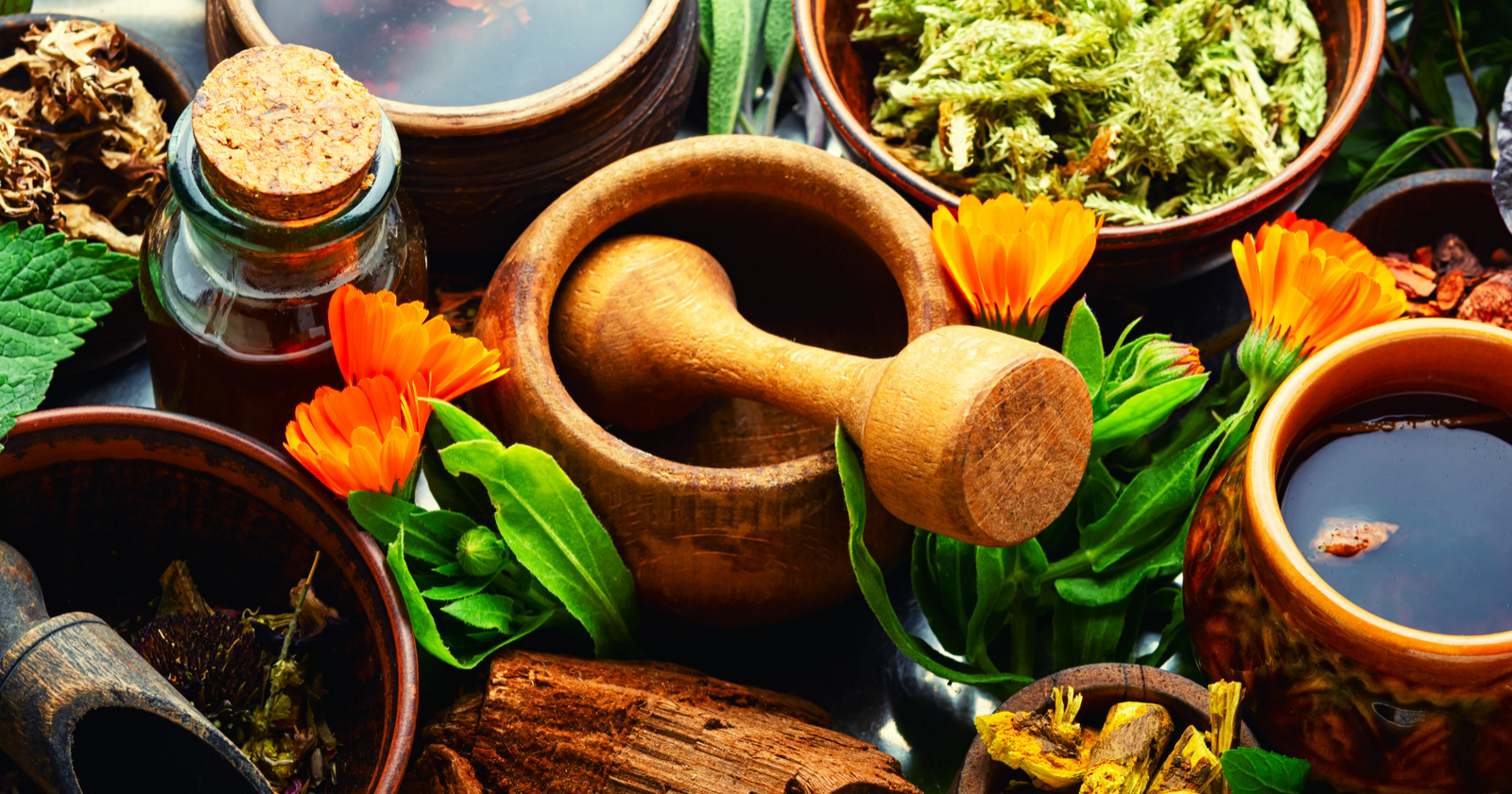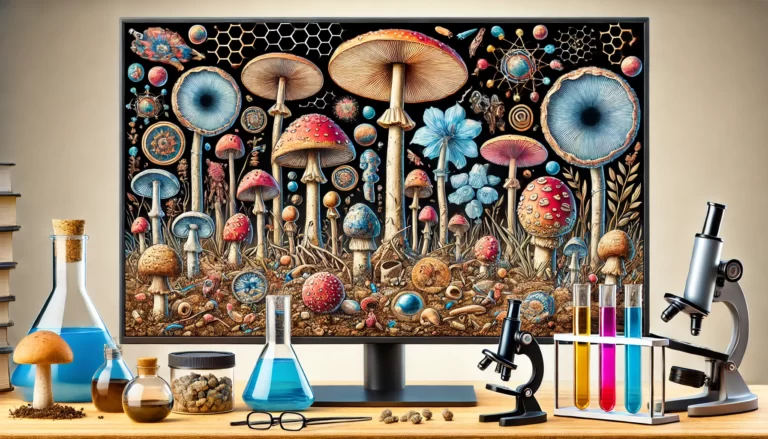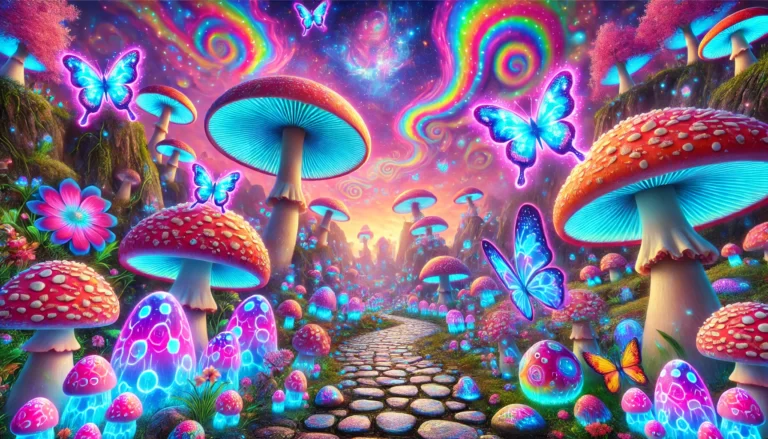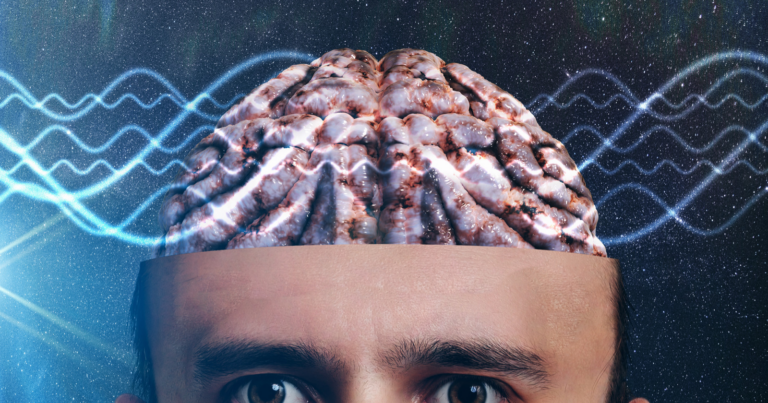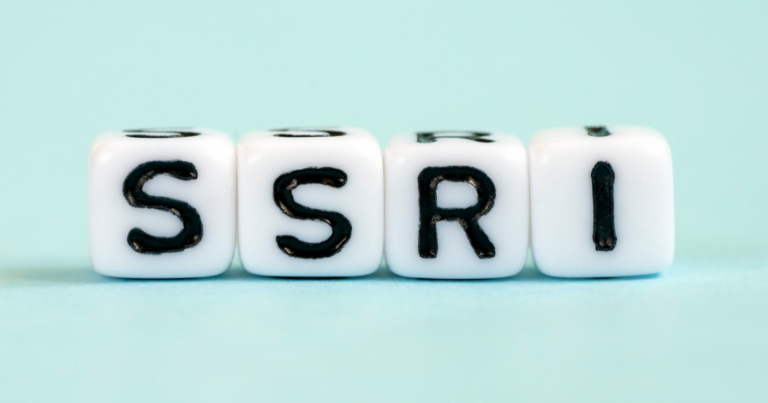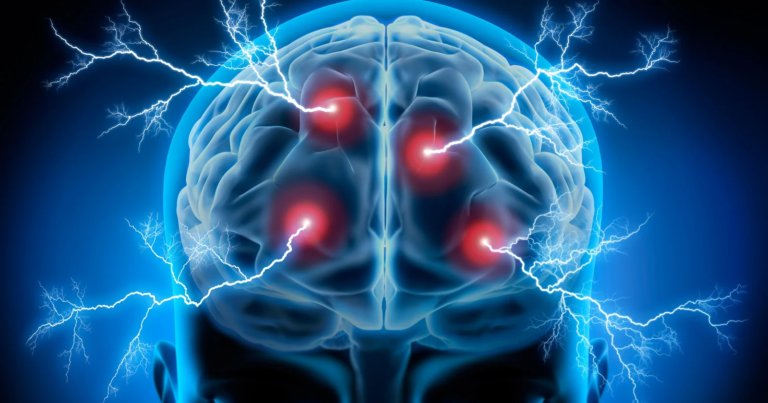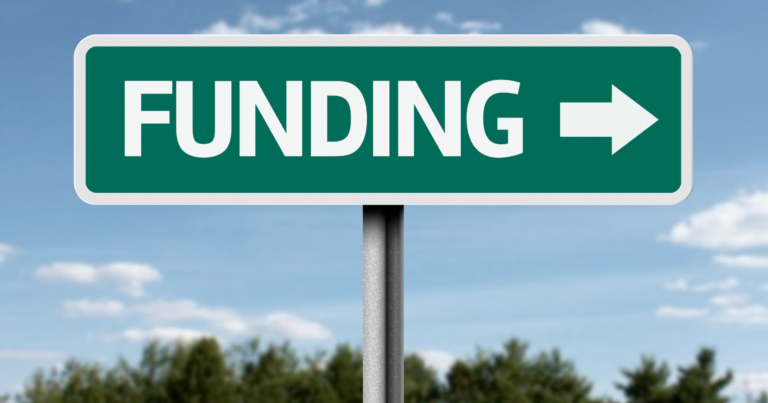Psychedelic plant medicines are getting a lot of attention.
People are catching on to the idea that psychedelics can transform mental health and wellness.
Backed by scientific studies, psychedelics hold immense potential for mental health improvement.
With a focus on safety and efficacy, here we’ll detail seven psychedelic plants that could change your life.
1) Ayahuasca for Deep Psychological Healing
I find Ayahuasca to be one of the most interesting psychedelic plant medicines for mental health and wellness.
Originating from the Amazon Rainforest, Ayahuasca is a brew made from two plants: the Psychotria Viridis and the Banisteriopsis Caapi.
The blend of these plants creates a potent medicine used in spiritual ceremonies for hundreds of years.
The active ingredient in Ayahuasca is DMT (Dimethyltryptamine), a naturally occurring psychedelic compound.
When ingested, Ayahuasca triggers a profound psychological experience, often leading to deep introspection and emotional release.
Research suggests that Ayahuasca may be beneficial for individuals dealing with depression, anxiety, PTSD, and addiction.
It appears to reset neural pathways and enable individuals to approach their issues from a fresh perspective.
While it’s not a magic cure, Ayahuasca has shown promising results in facilitating deep psychological healing.
Yet it’s crucial to note that Ayahuasca ceremonies should be conducted under the guidance of an experienced shaman in a controlled setting for safety.
2) Psilocybin Mushrooms for Mood Enhancement
Have you ever thought about the potential of Psilocybin Mushrooms, also known as “Magic Mushrooms”, in improving mental health?
Well, this fungi family has been used in sacred rituals and healing practices for centuries.
The active compound, psilocybin, is a powerful psychedelic that can induce altered states of consciousness.
But here’s the intriguing part.
Research has found that Psilocybin Mushrooms may have profound effects on mood disorders.
Studies suggest that the use of these mushrooms can result in long-lasting positive personality changes, particularly in individuals suffering from depression and anxiety.
In controlled settings, psilocybin therapy has shown promising results in reducing symptoms of these disorders.
The experience often allows individuals to confront their issues and gain new insights, leading to improved mood and emotional wellbeing.
It’s essential to understand that while Psilocybin Mushrooms can be beneficial for mental health, they should be used responsibly and preferably under professional guidance.
3) Iboga for addiction recovery
Moving on from Psilocybin Mushrooms, let’s examine another potent psychedelic plant that might surprise you.
It’s Iboga, a plant native to West Africa, traditionally used in spiritual practices by indigenous tribes.
The intriguing part here is that Iboga, particularly its active compound Ibogaine, is gaining attention for treating substance addiction.
Yes, you read that right.
Studies have shown that Ibogaine can interrupt addiction patterns, specifically to opioids.
It does this by resetting certain areas in the brain, helping to reduce withdrawal symptoms and cravings.
Now, dealing with addiction is no simple task, and it’s important to clarify that Iboga isn’t a magic cure.
But, under medical supervision, it could potentially provide a valuable tool to aid recovery.
Bear in mind though, while the benefits can be significant, Iboga also has powerful psychoactive effects and should be administered with caution.
Always seek professional guidance when exploring such options for mental health and wellness.
4) Cannabis for Stress Management
Have you ever considered the role of Cannabis in managing stress and anxiety?
Cannabis, often associated with recreational use, has been used medicinally for thousands of years.
Its active compounds, THC and CBD, interact with our body’s endocannabinoid system, which plays a key role in regulating mood, stress, and sleep.
Studies have shown that when used responsibly and in moderate doses, Cannabis can help reduce anxiety and promote relaxation.
For many people, it serves as a natural alternative to pharmaceutical drugs, offering relief from chronic stress and anxiety disorders.
However, it’s crucial to remember that the effects of Cannabis can vary greatly depending on the strain, dosage, and individual’s personal tolerance.
If you’re considering Cannabis for stress management, it’s recommended to consult with a healthcare professional or a knowledgeable dispensary for personalized advice.
5) Peyote for spiritual growth
Peyote, a small cactus native to Mexico and southwestern Texas, holds an essential place in psychedelic plant medicines.
The active ingredient, Mescaline, induces altered states of consciousness that can lead to profound spiritual experiences.
Peyote has been used in sacred ceremonies by indigenous North American tribes for centuries. These rituals often involve group singing, meditation, and introspection, fostering a sense of community and spiritual connection.
The potential benefits of Peyote are not limited to spiritual growth. Research suggests it may also help in:
- Overcoming personal trauma
- Boosting creativity
- Improving psychological well-being
However, like all psychedelic substances, Peyote should be used responsibly and preferably under guidance.
Its psychoactive effects can be intense and may not be suitable for everyone.
6) Salvia Divinorum for Altered Consciousness
Let’s turn our attention now to Salvia Divinorum, a plant native to the cloud forests of Mexico. I find this plant particularly intriguing due to its unique properties.
Salvia Divinorum, often simply referred to as Salvia, contains a potent compound known as Salvinorin A.
When ingested, it can induce intense, short-lived psychedelic experiences. Users often report entering dream-like states and experiencing profound shifts in perception.
In traditional shamanic practices, Salvia was used for spiritual divination and healing.
Today, researchers are studying its potential therapeutic uses, especially in the realm of mental health.
We must note, however, that the effects of Salvia can be overwhelming for some.
Any exploration of this plant medicine should be approached with caution and preferably under supervision.
As always, safety is paramount when it comes to utilizing these potent plants for mental health and wellness.
7) San Pedro Cactus for Deep Introspection
Imagine you’re walking through the Andean mountain range in Peru, and you stumble upon a tall, green cactus known as the San Pedro.
This plant, also known as Huachuma, has been used by Andean tribes for thousands of years in healing and divination rituals.
The active ingredient in San Pedro is Mescaline, the same compound found in Peyote.
But the effects of San Pedro are often described as more grounded and less intense than Peyote, making it a gentler option for those new to plant medicines.
San Pedro is known to facilitate deep introspection, helping users confront their fears and inner conflicts. It’s also believed to promote empathy and compassion, enhancing our connection with others and the world around us.
While I haven’t personally experienced San Pedro, I’ve spoken with many who have.
They often describe it as a transformative experience that allowed them to see themselves and their lives from a new perspective.
8) Morning Glory for Emotional Healing
Finally, let’s consider Morning Glory, a plant that’s as beautiful as its name suggests.
The seeds of certain species of Morning Glory contain a natural tryptamine called LSA, which is chemically similar to LSD.
Morning Glory seeds have been used in spiritual ceremonies by Mesoamerican cultures for centuries.
The psychedelic experiences induced by these seeds are often described as emotional and introspective, offering opportunities for deep emotional healing.
Research is still in the early stages, but anecdotal reports suggest that Morning Glory seeds may be beneficial in addressing emotional blockages and promoting mental wellness.
Exploring Consciousness through Plant Medicines
The world of psychedelic plant medicines offers a unique lens to explore consciousness and mental health. Yes, each plant discussed in this article holds potential for significant wellness benefits.
- Ayahuasca for deep psychological healing
- Psilocybin Mushrooms for mood enhancement
- Iboga for addiction recovery
- Cannabis for stress management
- Peyote for spiritual growth
- Salvia Divinorum for altered consciousness
- San Pedro Cactus for deep introspection
- Morning Glory for emotional healing
But, it’s crucial to approach these substances with respect, understanding their potency and the importance of safe usage. Psychedelics are not a quick fix but a tool that can facilitate profound self-discovery and healing when used responsibly.
The exploration of these psychedelic plant medicines invites us to question our perceptions, confront our fears, and embrace our potential for growth and transformation.
